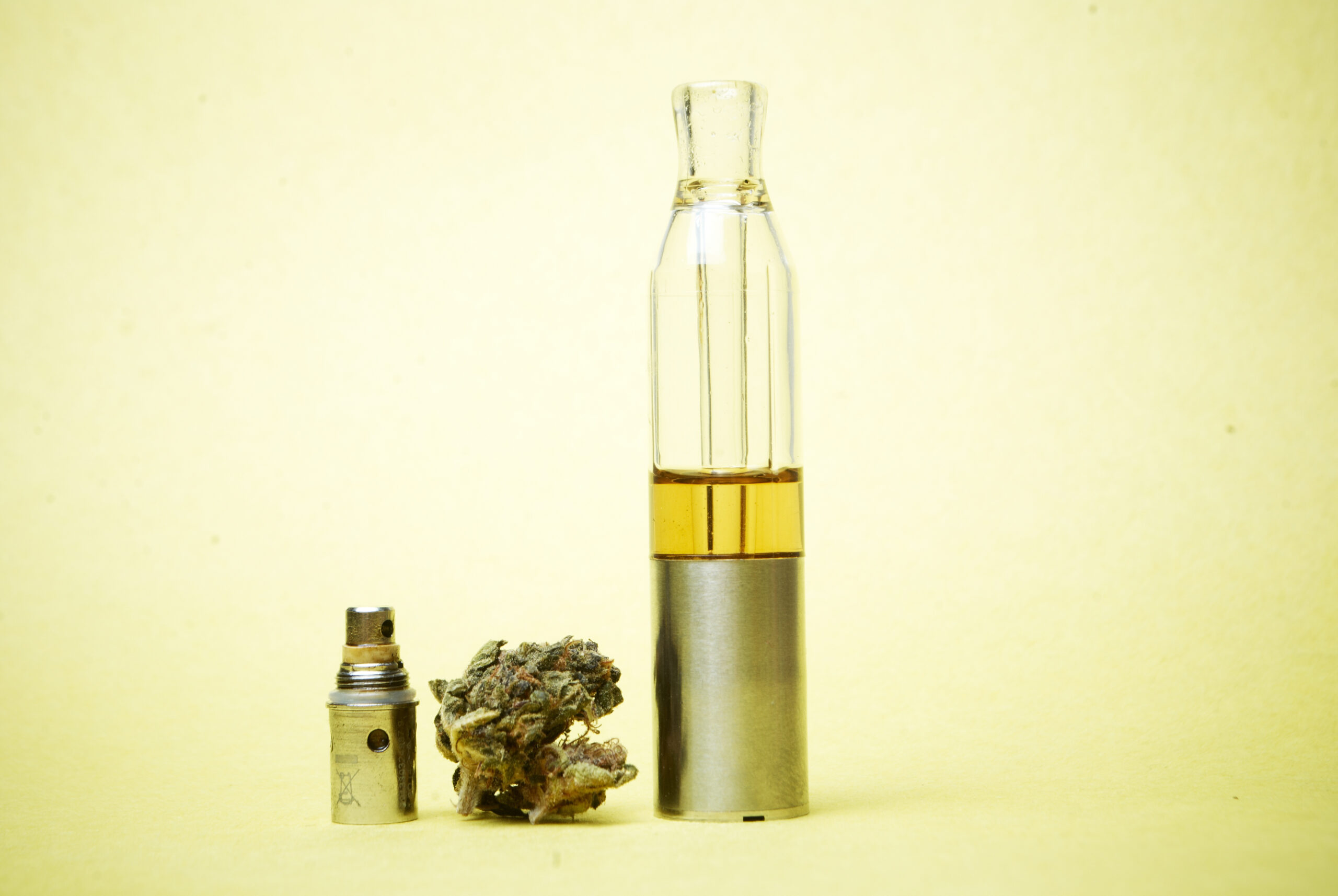Connect with us
Published
2 months agoon

The passing of the 2018 Farm Bill led to a plethora of changes, most notably the legalization of hemp and the subsequent launch of the U.S. hemp-based cannabinoid market.
As Americans across the country enjoy access to products infused with non-psychoactive cannabinoids like CBD, the latest iteration of the Farm Bill also created a loophole of sorts allowing companies to produce and sell products made from psychoactive, hemp-derived cannabinoids. So even though a product may have the ability to get users high, it’s still federally legal under the bill so long as it contains less than 0.3% THC by dry weight and is derived from hemp.
In the years since, U.S. legislators have interrogated this unforeseen result of the Farm Bill. While some expect that the newest update to the bill, expected later this year, may specifically ban these hemp-derived compounds and the products that use them, others are taking action.
Florida Tackles Delta-8, Hemp-Derived THC
The Florida Legislature is the latest to tackle the issue of psychoactive hemp-derived cannabinoid products. On Wednesday, both the state House and Senate voted to pass a measure outlawing some intoxicating hemp products and setting a new THC limit.
The measure, Senate Bill 1698, has been in the works for some time, as the Legislature has worked over the past two years to attempt to regulate the amount of THC allowed in hemp-derived products. The measure would ban the sale of all delta-8 THC products and prohibit businesses from possessing hemp extracts that may appeal to children.
The bill also instills a THC limit on products, limiting it to 5 mg per serving or 50 mg per package. The original limit was 2 mg a serving and 10 mg a package, but it was later amended following input from professionals in Florida’s hemp industry.
Consequences for Residents Medicating with Delta-8
During a House debate, Rep. Hillary Cassel (D-Dania Beach) pointed to the state’s medical cannabis industry as a potential option for those seeking out THC products.
“Let’s be very clear. This drug will still be available, and it will still be sold in Florida,” Cassel said. “If this product is so bad you wanna ban it, then ban it. But that’s not what we’re doing. We’re choosing which doors you buy from.”
There are also a number of Florida residents who rely on hemp-based products to treat a variety of medical conditions. For some, these hemp-derived products provided relief that they couldn’t get from the state’s medical market.
Tallahassee resident Kassie Stuart spoke about her experience in January — she was diagnosed with idiopathic genetic epilepsy at 17, which can come with intense seizures. According to Stuart, delta-8 THC was the answer.
“I had my medical card for a little bit,” she said. “It was helping, but it wasn’t giving me the medical relief that I needed when I was introduced to delta-8 and it really helped me. I feel like if I’m ‘spazzy’ or ‘seizey’ or if I have a really bad headache, I can just hit my [vape] pen a couple of times or eat some edibles, and it goes away in a couple of minutes.”
Some lawmakers spoke on behalf of residents like Stuart, saying that this bill may effectively turn residents to the illicit market to find continued relief and maintain their medicinal regimens. Broward County’s Hillary Cassel underscored the implications of such a ban, saying they’ve “changed lives” and help everyday residents to deal with chronic illnesses.
Though House sponsor Tommy Gregory of Manatee County shot this argument down.
“That statement [suggesting residents may turn to the illicit market] answers the question for you what these products are,” he said. “They’re drugs. They’re recreational drugs. And yes, if we say if you can’t buy them, and you’re a drug user, then sure, maybe you’ll go to a drug dealer. Maybe you’ll do the right thing and stop using drugs.
The Future of the Hemp Market and Cannabis as a Whole
And while the newest version of the bill has increased THC limits, hemp operators in the state still expect these changes to be devastating to their businesses.
JJ Coombs operates three hemp businesses based out of Fort Lauderdale and said, should the bill pass, he’ll likely have to move his business — which has more than 150 employees — to another state. While he agreed that the industry should be regulated, he argued that this legislation effectively shuts down Florida’s current hemp industry.
“[The bill] hands over our industry to the black market, to dispensaries and to out-of-state manufacturers that are still shipping into the state of Florida,” Coombs told Tampa Bay Times.
Though it’s possible that access could further increase next year, as Florida’s Supreme Court reviews the language of an amendment that would authorize the use and possession of recreational cannabis for those over the age of 21. If the Supreme Court approves it, voters will make the final call this November.
The amendment would need a 60% supermajority to pass, though a recent poll found that 67% of Florida voters would vote “yes” on an adult-use cannabis legalization measure.
As for the hemp-derived THC bill, Gov. Ron DeSantis will need to make the final call. If he signs it into law, delta-8 will be illegal in Florida on Oct. 1 and Florida would join another 17 states to ban the cannabinoid.


Study Reveals State Cannabis Legalization Lowers Immigrant Deportation


DEA Challenges Bid To Use Psilocybin Under ‘Right To Try’ Legislation


Vegans Rejoice as Farmers Switch from Chickens to Hemp


Louisiana Legislative Committee Unanimously Passes Adult-Use Cannabis Framework Bill


Louisiana House Bill to Regulate Hemp Products Advances Along With Senate Bill to Ban


Cresco Labs Workers Reportedly De-Unionize
